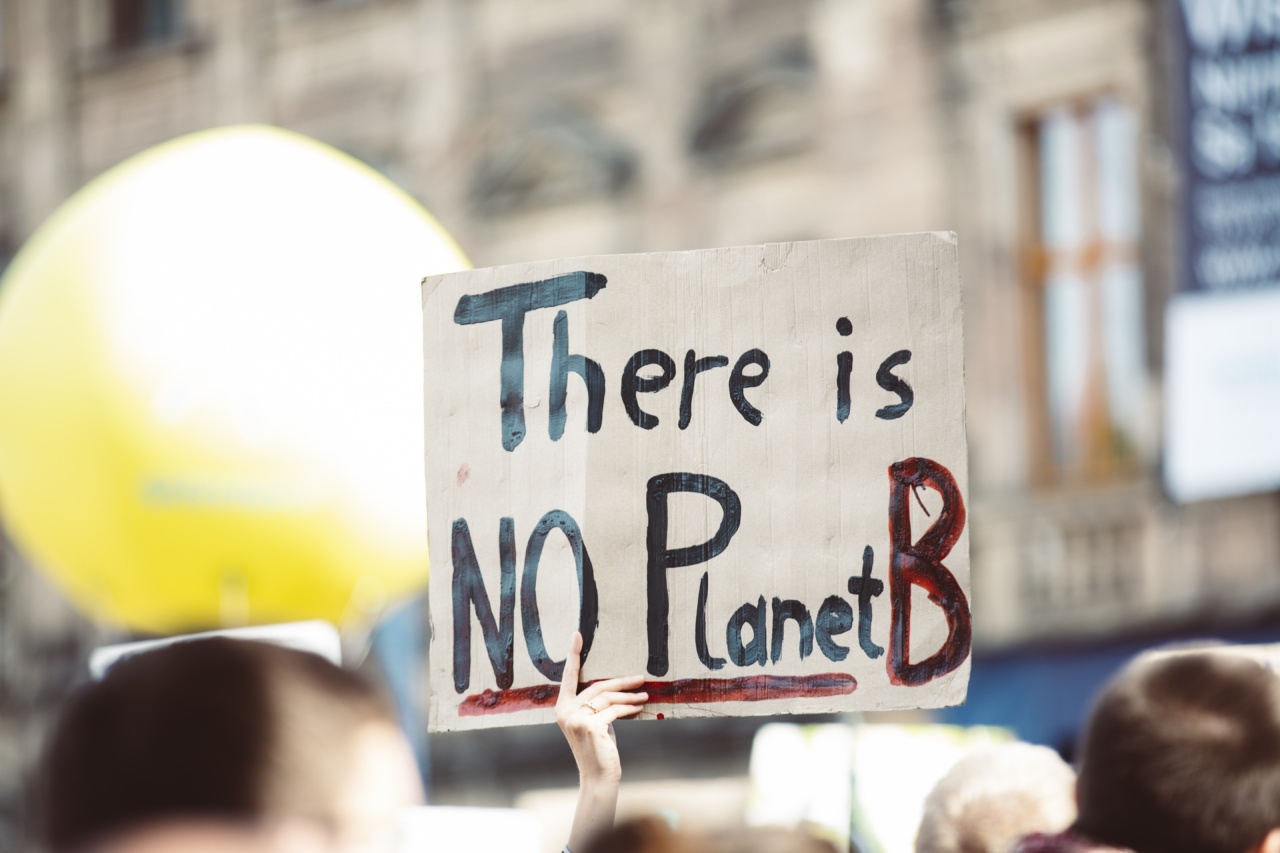The future can be both exciting and uncertain. While there are many advancements and innovations that hold great promise, there are also concerns and fears regarding the potential consequences they may bring.
From the looming threat of climate change to the exponential growth of artificial intelligence (AI), experts have been examining and analyzing the numerous challenges that lie ahead. In this article, we will explore some of the worst fears for the future as discussed by these experts.
The Dangers of Climate Change
Climate change is undoubtedly one of the most pressing issues of our time. Experts warn of the catastrophic consequences that may arise if we fail to mitigate its effects.
Rising global temperatures, extreme weather events, and the displacement of millions of people are just some of the alarming outcomes predicted by scientific research.
Loss of Biodiversity
The continued destruction of natural habitats and ecosystems is leading to a rapid loss of biodiversity. Many experts fear that this could have severe consequences for our planet.
The extinction of species, disruption of ecosystems, and potential collapse of vital food chains could all have far-reaching implications for human survival.
Resource Scarcity and Overpopulation
As the world’s population continues to grow, concerns regarding resource scarcity and overpopulation become more prominent. Experts worry about the strain on essential resources such as water, food, and energy.
If left unchecked, these factors could lead to social unrest, conflicts, and heightened inequality.
The Rise of Artificial Intelligence
While AI holds tremendous potential and promises significant advancements in various fields, there are also fears associated with its rapid development. Experts debate the ethical implications of AI and its impact on employment, privacy, and security.
The potential for AI to surpass human intelligence and gain autonomy is a concern that has been fueling debates about the future of technology.
Job Displacement and Economic Inequality
The automation of tasks and the adoption of AI systems in the workforce raise concerns about job displacement and the widening economic inequality gap.
Experts suggest that certain professions may become obsolete, leading to unemployment and socioeconomic disparities. This has sparked discussions around the need for retraining programs and new economic models to ensure a smooth transition into an AI-dominated future.
Health Risks of Technological Advancements
As technological advancements continue to reshape our lives, there are emerging concerns about the potential health risks associated with these innovations.
Experts caution about the negative effects of excessive screen time, sedentary lifestyles, and the potential long-term consequences of prolonged exposure to electromagnetic radiation. It has become crucial to strike a balance between harnessing the benefits of technology while safeguarding our well-being.
Ethical Dilemmas in Biotechnology
Biotechnology advancements offer remarkable possibilities, but they also give rise to numerous ethical concerns. Experts are wary of the potential misuse of gene-editing technologies, such as CRISPR, and the creation of genetically modified organisms.
Questions surrounding consent, fairness, and the unintended consequences of modifying the fundamental building blocks of life need to be addressed carefully to navigate a responsible future in biotechnology.
Cybersecurity and Privacy
The digital age has brought unparalleled connectivity and convenience, but it has also exposed us to unprecedented risks. Experts highlight the looming threats of cyberattacks, data breaches, surveillance, and the erosion of privacy.
Advancements such as the Internet of Things (IoT) and smart devices raise concerns about vulnerabilities and the potential for large-scale disruptions in critical systems, including transportation and healthcare.
Political Instability and Geopolitical Conflicts
The future holds uncertainties in terms of political stability and geopolitical conflicts. Experts express apprehensions about rising nationalism, populism, and social unrest.
The increasingly interconnected nature of the world means that localized conflicts can have global ramifications, affecting economies, migration patterns, and international diplomacy.
Existential Threats and Unforeseen Challenges
While many of the fears for the future are based on our current understanding, experts acknowledge that there may be existential threats and unforeseen challenges that we are yet to fully comprehend.
From global pandemics to astronomical events, the future may hold surprises that require adaptability, cooperation, and resilience.
The Importance of Proactive Measures
While it is essential to acknowledge and address these fears for the future, it is equally important to focus on proactive measures.
By investing in sustainable technologies, promoting social and environmental responsibility, and fostering ethical discussions around emerging technologies, we can strive towards a future that is equipped to mitigate potential risks.
Conclusion
Examining the worst fears for the future helps us understand the challenges we face as a global society. Climate change, the rise of AI, resource scarcity, and geopolitical conflicts loom large, demanding our attention and collective action.
It is crucial to listen to the insights of experts and work together towards creating a sustainable, inclusive, and resilient future.





























